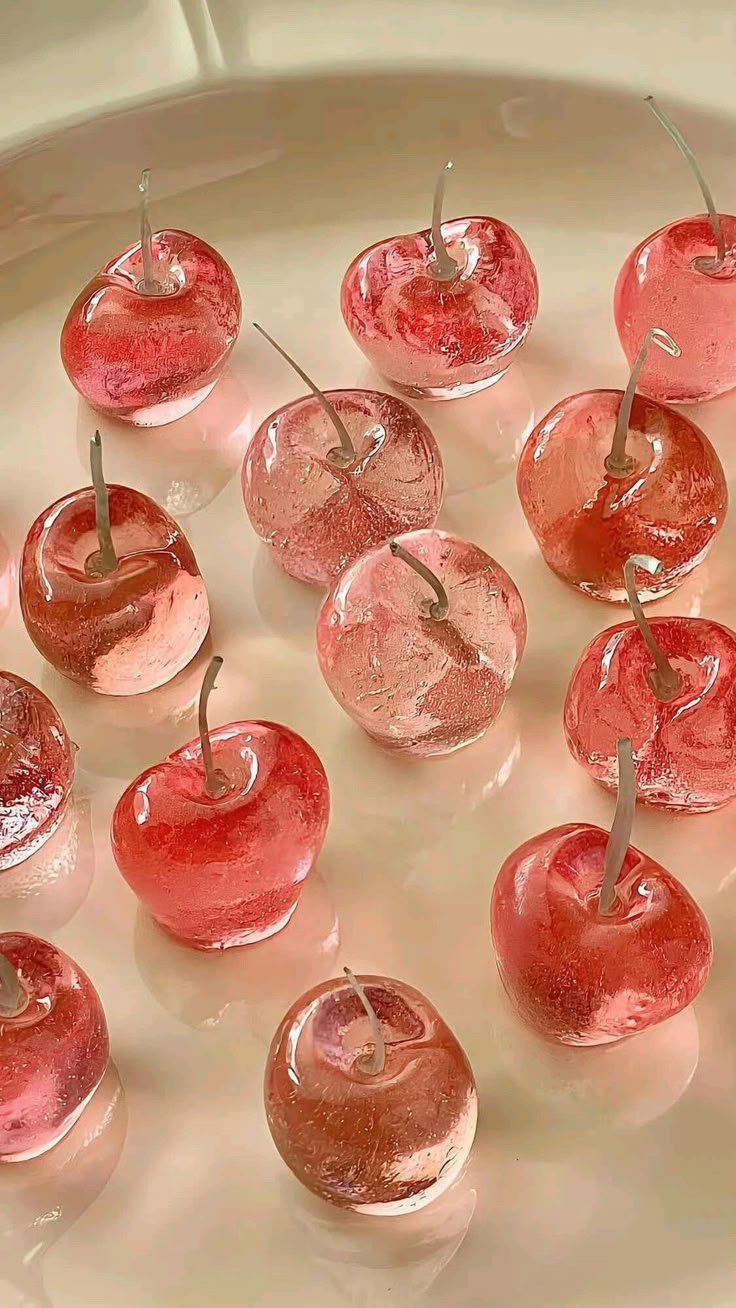PCOS is Not Just About Your Ovaries
Polycystic Ovary Syndrome (PCOS) is one of the most common hormonal conditions affecting women of reproductive age. Despite affecting 8-13% of women worldwide, PCOS remains one of the most misunderstood and underdiagnosed conditions in women's health. Many women spent years being told their irregular periods, stubborn acne, and unexplained weight gain were due to "stress" or "just the way your body is." They've tried everything from extreme diets to expensive skincare, with minimal results. Some was told that the pill is their only solution. As a naturopath specializing in women's hormonal health , I've seen many women struggle silently with PCOS symptoms, often for years before getting proper diagnosis and support.
What is PCOS?
PCOS is a hormonal disorder characterized by a combination of symptoms including irregular or absent periods, excess androgen (male hormone) levels, and polycystic ovaries on ultrasound. What many don't realize is that PCOS isn't just a reproductive condition, it's a whole-body metabolic and inflammatory disorder that can affect everything from your mood to your long-term heart health.
Did you know that up to 70% of women with PCOS have insulin resistance, regardless of their weight? Yet conventional treatment rarely addresses this root cause, focusing instead on masking symptoms rather than healing the underlying imbalance.
Core Features of PCOS
To be diagnosed with PCOS, a woman must meet two of the following three criteria (known as the Rotterdam criteria):
Irregular or absent ovulation: This often presents as irregular periods, long cycles, or no periods at all.
Hyperandrogenism: Clinically (e.g., acne, hirsutism, hair thinning) or biochemically (elevated androgens in blood tests).
Polycystic ovaries on ultrasound: The presence of 20 or more follicles in one or both ovaries, or increased ovarian volume.
Importantly, a woman does not need to have cysts on her ovaries to have PCOS. In fact, in my practice, I've seen many women with textbook PCOS symptoms whose ultrasounds showed perfectly normal-looking ovaries. This is just one of the many misconceptions that delay proper treatment.
Latest Research and Evolving Understanding
Recent research has highlighted that PCOS is not just a reproductive condition but a metabolic and inflammatory disorder. Many women with PCOS experience insulin resistance, even if they are not overweight, which contributes to hormonal imbalances and long-term health risks like type 2 diabetes and cardiovascular disease.
There's also increasing recognition of the different phenotypes of PCOS, meaning not every woman with PCOS presents the same way. For instance, some may have regular periods but elevated androgens and ovarian changes; others may have no visible cysts but struggle with irregular cycles and insulin resistance. Contrary to popular belief, PCOS isn't just about fertility. It affects everything from your mood and energy to your skin health and metabolic function.
Emerging studies are exploring:
The role of gut microbiome imbalances in PCOS development
Chronic low-grade inflammation as a key driver of symptoms
The connection between PCOS and mental health concerns like anxiety and depression
Environmental toxin exposure as a potential trigger for hormonal disruption
What to Look Out For
Many women discover they have PCOS after struggling with symptoms for years. In my clinic, I've seen countless women who've been told their symptoms are "normal" or "just stress" when in reality, their bodies were crying out for hormonal balance. Many patients come to me after being told to "just lose weight" for years, unaware that their insulin resistance was making traditional dieting nearly impossible.
Here are some common signs and symptoms:
Irregular, infrequent, or absent periods
Persistent acne, especially around the jawline and chin (often worsening before periods)
Excess facial or body hair (hirsutism)
Thinning scalp hair, particularly at the crown
Weight gain or difficulty losing weight, particularly around the abdomen
Fatigue and low energy, especially after meals
Sugar cravings and blood sugar imbalances (shakiness between meals)
Mood swings, anxiety, or depression
Difficulty conceiving
Dark patches of skin in body folds (acanthosis nigricans)
Not every woman with PCOS will experience all of these symptoms, which is why a personalized, whole-person approach is so important.
My PCOS Philosophy
Unlike the standard approach of birth control pills and metformin, my natural PCOS protocol focuses on addressing the root causes unique to each woman. In my experience, healing PCOS requires a multi-faceted approach that includes:
Reducing inflammation through targeted anti-inflammatory foods and herbs
Balancing blood sugar with specific eating patterns and key nutrients
Supporting liver detoxification to properly metabolize hormones
Nurturing the adrenals to manage stress hormones that exacerbate PCOS
Healing gut imbalances that contribute to systemic inflammation
This approach goes far beyond symptom management—it's about true healing from the inside out. I've seen women whose conventional doctors told them they'd need fertility treatments conceive naturally within months of following this protocol.
Final Thoughts
While PCOS isn't curable in the conventional sense, I've seen remarkable changes when women address the root imbalances.PCOS is a multifaceted condition that requires more than a one-size-fits-all approach. If you suspect you may have PCOS, I recommend speaking with a healthcare provider who will take the time to explore your full symptom picture, run appropriate lab work, and look beyond just the ovaries.
With the right support, PCOS can be managed naturally and holistically. Lifestyle, nutrition, herbal medicine, and targeted supplementation can all play a powerful role in restoring hormonal balance and improving quality of life.
If you're tired of being dismissed or given band-aid solutions for your symptoms, know that there is hope and healing available. Your body deserves to be heard and understood. Book in for a consultation and let’s get started on your healing journey.


